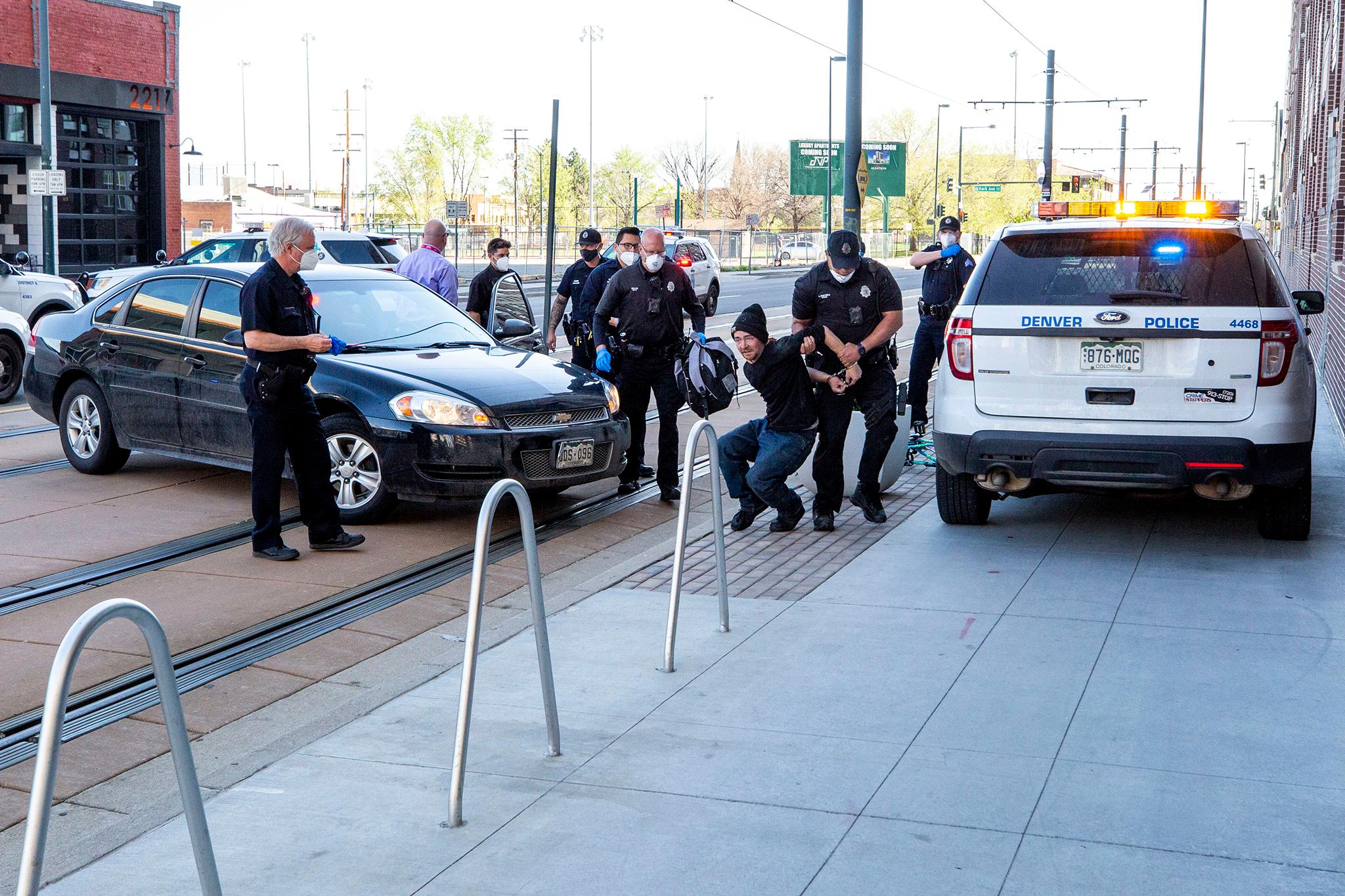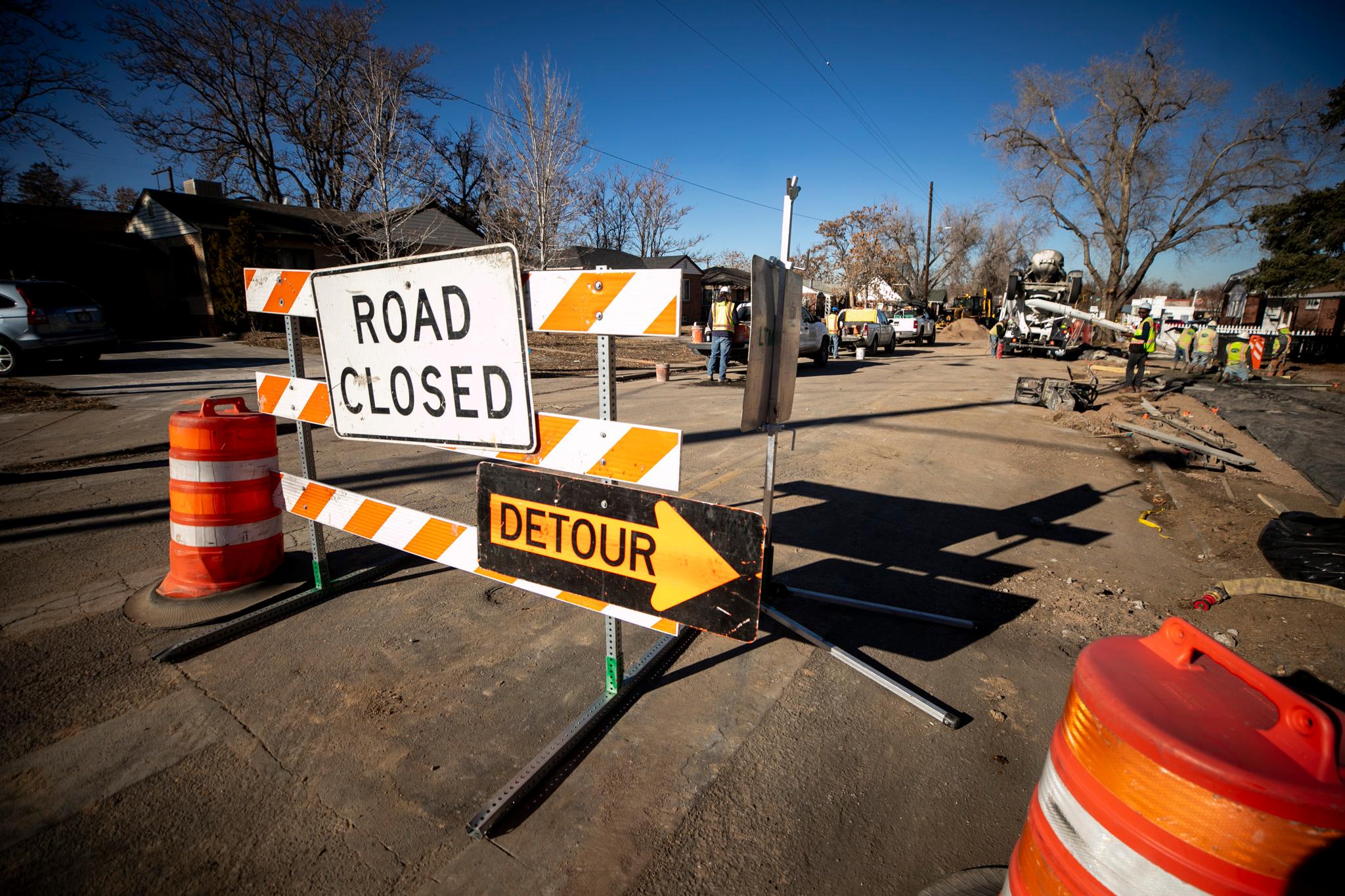A team of residents, elected officials, community groups and representatives from the city government released 112 recommendations Friday that add up to a sweeping new vision for how policing, jailing, and the courts should operate in Denver.
Among the many changes recommended to people in power, the first is to "create an autonomous community-led, non-law enforcement institution that will serve as a platform for public funding of community-based public safety programming," according to the list.
Other recommendations include creating community-level courts, decriminalizing drug use and public intoxication, and removing armed police officers from routine traffic stops. Increasing housing for people without homes and legalizing safe drug use sites are on the list as well.
The group wants to make the Office of the Independent Monitor, which watchdogs the police and sheriff departments, more independent as well by letting Denver City Council appoint the office's leader instead of the mayor, who also decides who runs the Denver Police Department and the Denver Sheriff Department.
Generally, the changes aim to give more power to residents and community groups to address public safety and its socioeconomic underpinnings, and give locals more oversight of the police and sheriff departments. The group also hopes to generally reduce interactions between police officers and the public in order to send fewer people into the criminal justice system and to avoid violence that can come from an interaction with police.
Members of the group, which has been meeting since last summer, said the recommendations are meant to change the systems that have led to people of color churning through the criminal justice system at a disproportionately high rate when compared to whites.
But the recommended policies largely hinge on decision-makers -- elected officials -- to implement, whether through legislation in City Council or direction from the mayor.
"I'm optimistic because this is community. And ultimately our elected officials answer to community," said Dr. Robert Davis, who co-led the task force. "And the fact that this was such a strong community initiative and included so many voices, I think is going to be extraordinarily difficult for city council to say, we're just not going to do it."
Davis said City Council will take up the recommendations this summer.
In a text message, Mike Strott, a spokesperson for Mayor Michael Hancock said, "We have received the recommendations and look forward to reviewing them."
Hancock's Department of Safety, which oversees the police and sheriff departments, would play a major role in carrying out the recommendations. But its director, Murphy Robinson, pulled out of the process and claimed that it marginalized police officers and business owners.
A spokesperson for the safety department, Kelli Christensen, said Robinson "looks forward to reviewing" the recommendations, echoing the mayor. Robinson will meet with Davis about them, Davis told Denverite.













